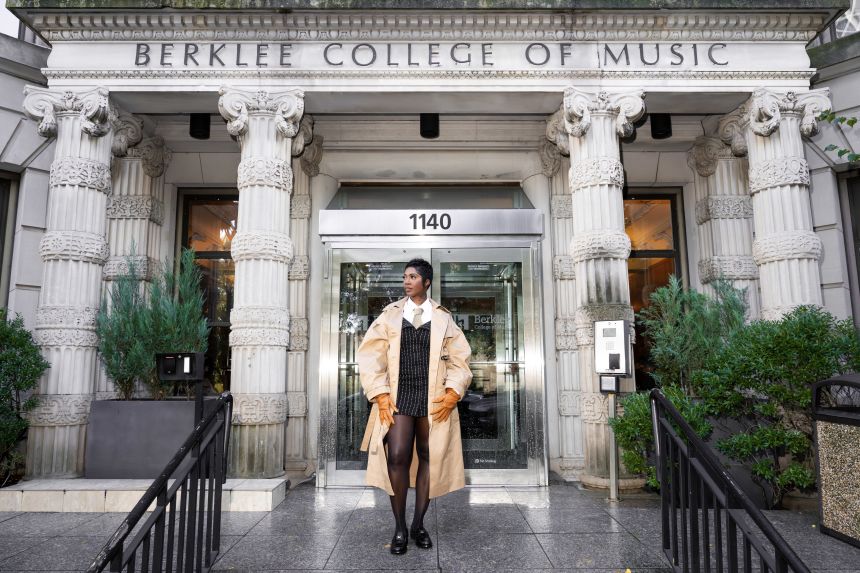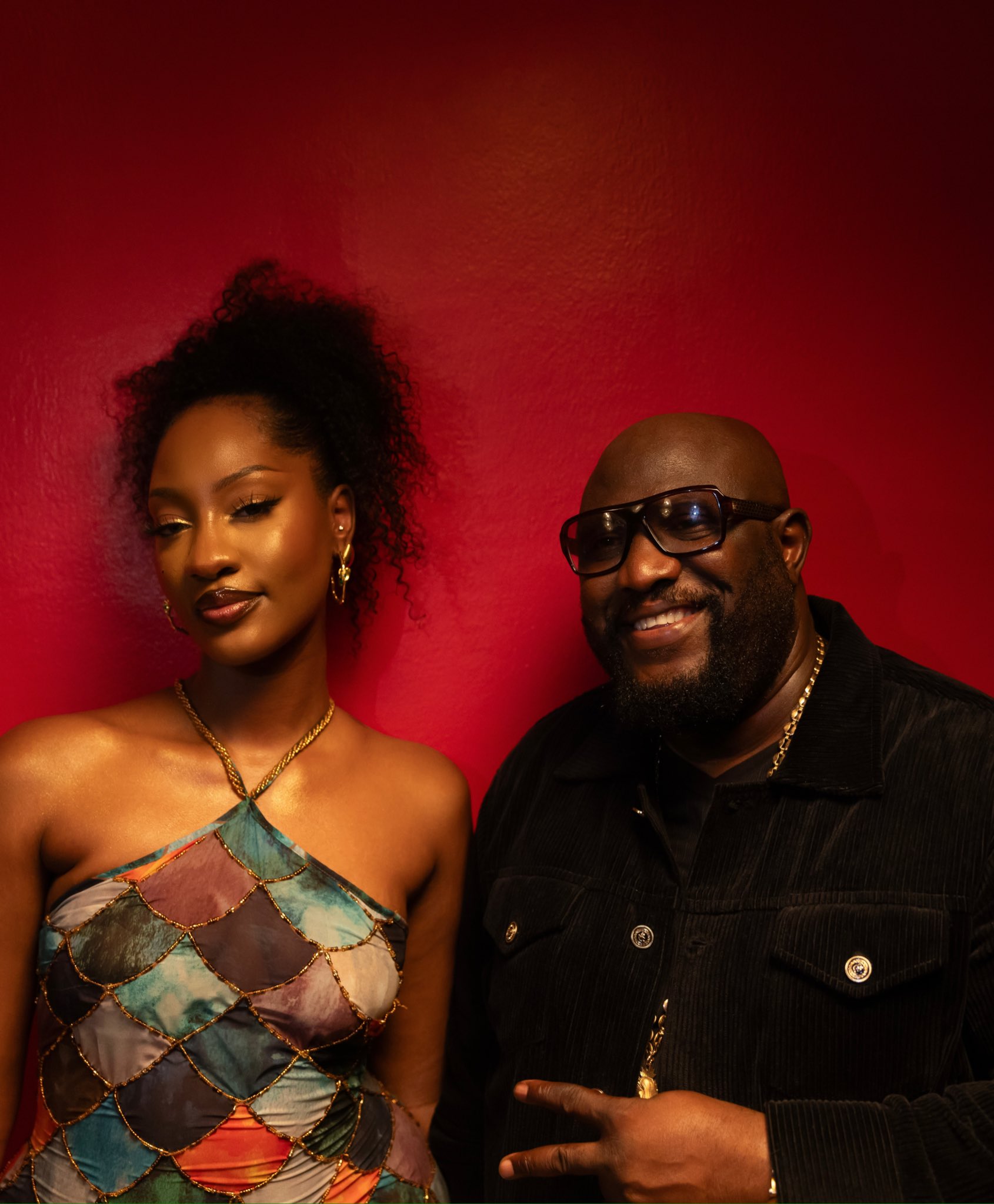Bomi Anifowose
Somewhere on a Lagos soundstage this June, a young Nigerian singer poured out a note so tender it silenced the audience. The lights dimmed. The judges, D’banj, Omawumi, Ric Hassani, and Iyanya smiled approvingly. IK Osakioduwa, the seasoned host once known as Wildchild, leaned into the camera and declared, “That was incredible.”
It was. And yet, even in that breathtaking moment, you could sense the tragedy: the performance might be remembered, but the performer almost certainly won’t.
This is the story Nigerian music reality shows keep telling us. Season after season. A cycle of talent, television, and eventual obscurity. It’s not just a trend but a ritual at this point. A bright, booming echo chamber that begins with fireworks and ends in silence.
As Nigerian Idol Season 10 unfolds on screen, it becomes painfully clear: the show has evolved in everything except relevance.
To watch Nigerian Idol today is to watch a production that knows its camera angles better than its industry impact. The show is slick, well-paced, and Instagram-friendly. There are hashtags, drama cuts, stylists, and exceptional vocalists. On the surface, it appears that all the elements are in place.
But look deeper, and the illusion begins to crack.
Where is the aftercare? Where is the machinery to convert this televised promise into long-term career structure? For all the glossy transitions and viral auditions, the show remains allergic to what truly makes a music star: strategic development, genre anchoring, identity-building, and an industry blueprint that extends beyond the finale.
In an industry where visibility is cheap but credibility is expensive, Nigerian Idol delivers the former in buckets and the latter not at all.
Season 10 boasts a panel rich in musical credibility: D’banj, once the king of Nigerian pop; Omawumi, a vocal powerhouse; Iyanya, the only talent show alumnus with a major Afropop run; and Ric Hassani, a balladeer beloved by romantics and wedding DJs. In theory, these names offer mentorship. In practice, they offer very little more than momentary approval and televised catchphrases.
These artists, all successful in their lanes, know how unforgiving the Nigerian music terrain is. Yet the show frames their presence as decorative rather than transformative. Where is the intentional guidance? The brand-building conversations? The real-time, artist-to-artist scaffolding? Instead of being shepherds, the judges function more like charismatic referees in a singing Olympics.
And IK, the affable host, provides excellent banter but even his presence hints at the show’s paradox: polished presentation masking profound structural emptiness.
The Nigerian music industry, contrary to popular belief, does not lack talent. It lacks systems. The irony is painful: a show like Idol should be a solution. It has the reach, the resources, and the resonance. But the ecosystem around it and what should transform finalists into formidable acts is nonexistent.
No developmental label arm. No artist incubator. No structured post-show mentorship. No long-term promotional plan. Winners are celebrated, given prize money, a one-song rollout, and then… left to swim in the shark tank of a saturated market.
And because these shows are structured more like TV content than music pipelines, the “career” part becomes a casualty of the chase for ratings.
Let’s not mince words. Where are the winners of Nigerian Idol Seasons 6 through 9? Where are Kingdom, Progress, and Victory Gbakara? All supremely talented. All blessed with rare tone, charisma, and the early love of a national audience. And yet, the silence surrounding their post-Idol trajectories is almost haunting.
The world watched them sing. Nigeria voted. But when the lights dimmed, and the cameras stopped rolling, there was no hand to catch them. No tour circuit. No radio rotation. No post-show media blitz. Just the quiet sobering reality that in Nigeria, fame is not a future, it’s an event.
The tragedy isn’t just the lack of stardom. It’s the waste of potential. The fact that some of these artists may have changed the soundscape, had they been given more than a televised platform, they needed a professional runway.
Music reality shows should function as elevators, bringing hidden talent into industrial structure. But the current model is more like a revolving door: you’re shown, cheered, and then discarded.
What’s needed now is intentional reinvention.
Develop real artist pipelines: Let contestants choose between artistry and performance. Not everyone wants to be the next Tiwa Savage—some may want to be the next Cobhams, or Johnny Drille, or a sync music expert. Let the show cater to these lanes.
Rethink success: Not every winner must be a pop star. Build paths for songwriting, music production, gospel, R&B, and Afro-fusion, not just radio-friendly trends.
Create a label-lite incubator: Every season should end with an 18-month support system—mentorship, project funding, brand strategy, and show bookings.
If not, the cycle continues. And we’ll keep crowning kings and queens who never make it past the gates.
Nigerian Idol, like many of its counterparts, isn’t just a music competition. It’s a mirror. It reflects a country that loves entertainment but struggles with investment. It shows an industry that worships virality, but forgets longevity. It dramatizes a culture where talent is currency but only for as long as the ad breaks last.
And until something changes, the show will remain what it is now: a beautifully produced illusion. One where gifted Nigerians sing their hearts out under stage lights, only to be met by industry darkness.
So yes, we’ll clap. We’ll vote. We’ll stream the auditions. But we know how this ends.
Lights. Camera. Irrelevance.




